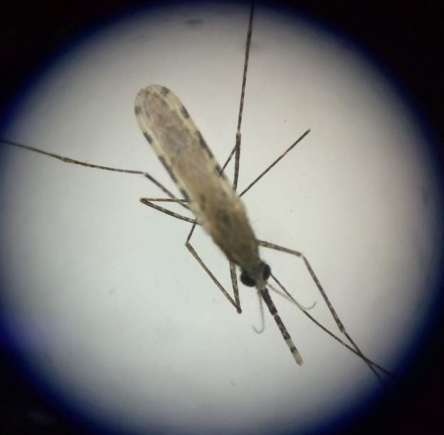
Resistant 'steve' mosquito threatens malaria fight - experts
A new species of mosquito is driving up malaria infections in Africa, fuelling a growing public health concern.
The Anopheles stephensi mosquito, shortened by some entomologists to "steve", has so far been detected in seven African countries, according to the World Health Organization (WHO).
The mosquito, which originated in South Asia, was first detected in Djibouti in 2012. Since then, malaria rates in the country have grown exponentially.
The new species has since spread to Ethiopia, Kenya, Nigeria and Ghana.
Unlike other mosquitoes that breed in rivers and swamps, “steve” is known to be an urban breeder that thrives in dry areas.
It only needs a bit of moisture, like water trapped in containers, tyres and gutters to survive.
The species also bites outdoors during the day and is immune to commonly used pesticides.
“It’s a threat in urban settings, it’s a threat to our strategies in place now because we’re mostly using indoor strategies. It’s also difficult to detect and is very resistant. It stays in very harsh climates and is very difficult to eliminate from an environment,” Dr Dorothy Achu, the WHO lead for tropical diseases in Africa, says.
